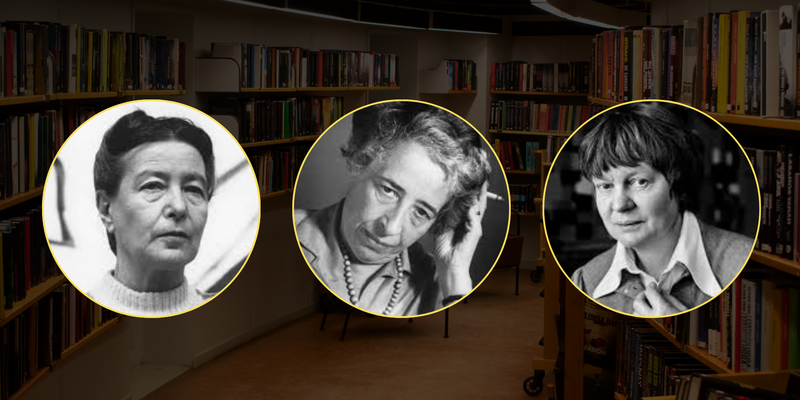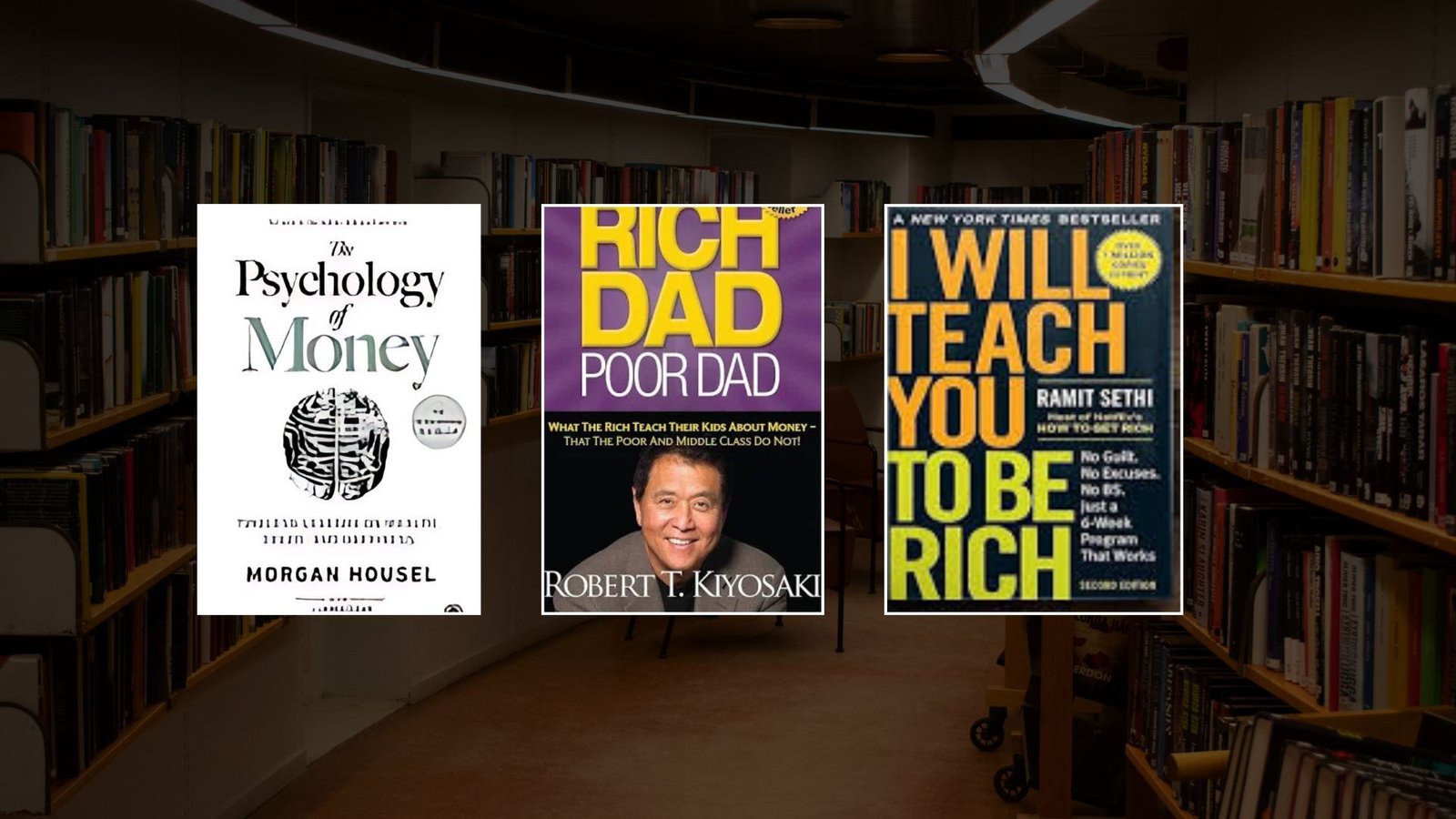

In today’s fast-moving world, success often feels like a race—louder voices, faster moves, and constant self-promotion. But the most powerful people aren’t always the ones making the most noise. They’re the ones who play the long game quietly—those who stay two steps ahead without ever appearing desperate to win.
Whether in business, relationships, or creative work, there’s an art to moving strategically while maintaining humility and grace. It’s about confidence without arrogance, preparation without showmanship, and foresight without manipulation.
Fortunately, some of the greatest thinkers, strategists, and storytellers have written books that teach exactly that—the balance between subtle power and visible ease. These five books will help you master the mindset and techniques to stay ahead effortlessly, like those who seem to have it all figured out without even trying.
How to stay ahead quietly in a noisy world
1. The 48 Laws of Power by Robert Greene
If power had a manual, this would be it. Robert Greene’s The 48 Laws of Power is a deep dive into human behaviour, influence, and strategy. But beyond its reputation for ruthlessness, the book teaches something more profound—how to observe and act with restraint.
Greene’s principles, drawn from the most cunning minds in history—such as Sun Tzu, Machiavelli, and Napoleon—reveal that true power often lies in patience, silence, and unpredictability. You don’t need to announce your moves; you just need to make the right ones.
Key lesson: The most powerful people don’t compete—they create invisible advantages.
Best for: Anyone navigating office politics, leadership roles, or creative industries where perception matters as much as performance.
2. The Art of Worldly Wisdom by Baltasar Gracián
Written in the 1600s but timeless in its insight, Baltasar Gracián’s The Art of Worldly Wisdom is a collection of 300 aphorisms on how to live intelligently and elegantly. It’s about mastering the subtle art of appearing effortless while being deeply strategic inside.
Gracián teaches the reader to think before speaking, act with precision, and use discretion as a superpower. His philosophy is simple: wisdom isn’t about showing off intelligence—it’s about knowing when to use it.
Key lesson: True sophistication lies in control of your words, actions, and emotions.
Best for: Professionals and thinkers who want to move smartly in competitive environments without losing composure or authenticity.
3. Mastery by Robert Greene
Greene appears again for good reason. In Mastery, he shifts focus from power to personal growth, showing how lifelong learning and patience lead to true influence. The book profiles historical geniuses—Leonardo da Vinci, Charles Darwin, and modern masters like Freddie Roach—to reveal how excellence is built quietly, one skill at a time.
Unlike flashy self-help guides that promise overnight success, Mastery teaches you to fall in love with the process. The result? You naturally rise above the rest—without ever needing to prove it.
Key lesson: The greatest advantage is mastery itself—quiet, steady, undeniable.
Best for: Anyone seeking long-term success without burnout or constant competition.
4. Quiet: The Power of Introverts in a World That Can’t Stop Talking by Susan Cain
In a society that glorifies extroversion—networking, speaking up, “being seen”—Susan Cain’s Quiet is a breath of fresh air. She shows how introverts, often underestimated, can thrive by embracing their natural strengths: deep thinking, empathy, and observation.
Cain’s message is clear: you don’t need to shout to be heard. You can lead through calm authority, creativity, and quiet confidence. The book gives psychological insight and practical tools to turn stillness into strategy.
Key lesson: Influence built on quiet confidence lasts longer than charisma built on noise.
Best for: Thinkers, creatives, and professionals who want to make an impact without changing their personality.
5. The Prince by Niccolò Machiavelli
Perhaps the most misunderstood political guide ever written, The Prince isn’t about manipulation—it’s about realism. Machiavelli understood that leadership requires both strength and subtlety. His lessons on perception, timing, and calculated action still apply to modern life.
The Prince teaches that those who appear calm and composed often have the most control over their circumstances. The trick is not to react impulsively but to anticipate quietly—to see three moves ahead when others see one.
Key lesson: Appear approachable, act strategically, and always know more than you reveal.
Best for: Leaders, entrepreneurs, and decision-makers who want to balance empathy with effectiveness.
Final thoughts
Staying ahead doesn’t mean outshining others—it means outthinking them.
Each of these books reminds us that real strategy is quiet, real confidence is invisible, and real success speaks for itself.
In a culture obsessed with constant visibility, learning how to move silently but decisively is the ultimate form of sophistication. So the next time you feel the pressure to prove yourself—don’t. Let your work, your wisdom, and your stillness do the talking.
Discover more from News Hub
Subscribe to get the latest posts sent to your email.






